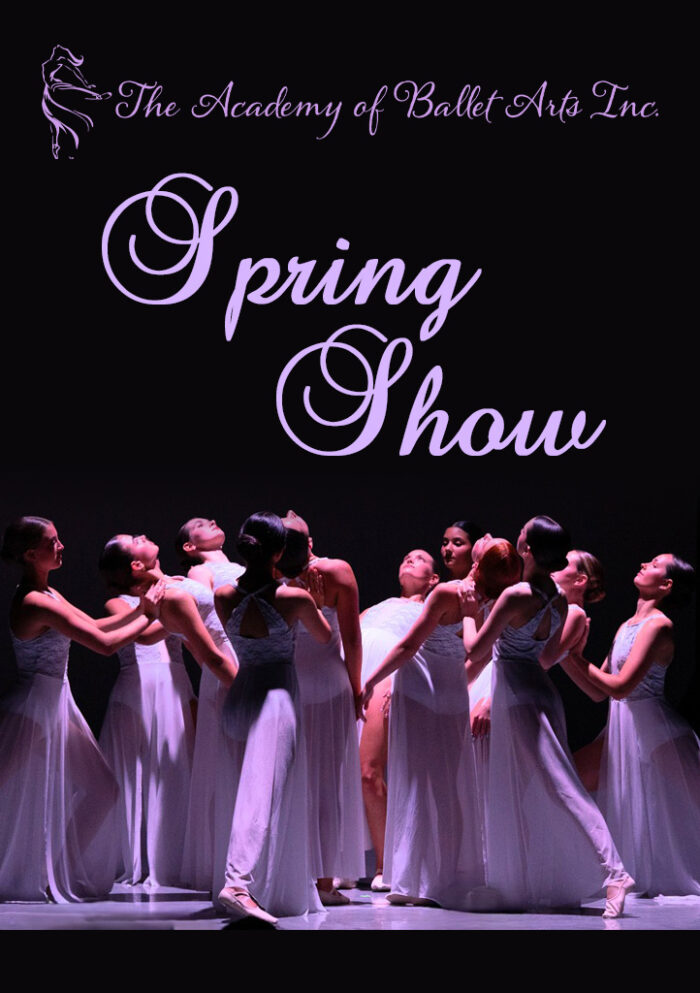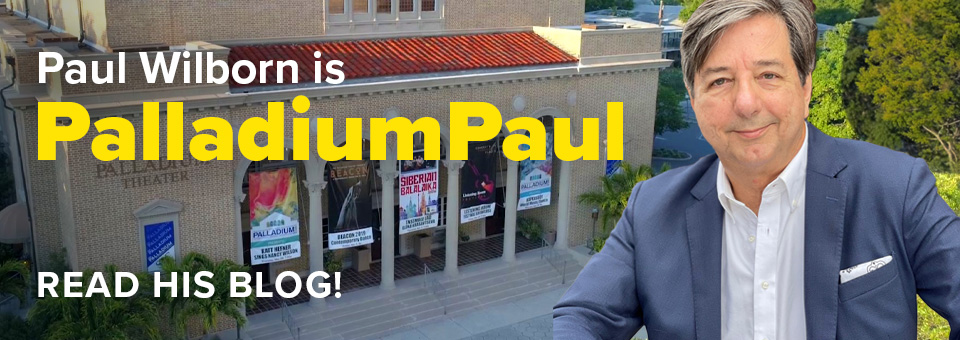We’ve got a big dose of original Florida soul music coming to the Side Door Friday night when we present from Gainesville, Little Jake and the Soul Searchers.
We’re also celebrating the release of the new book, Florida Soul, by our buddy and University of Tampa professor, John Capouya. Little Jake Mitchell, a fire balling soul star from the golden days of that genre, is included in Capouya’s well-researched history of soul and R& B music in Florida. A story that runs from Ray Charles to K.C. and the Sunshine Band.
Capouya will be on hand to talk about the book and sign copies that will be for sale that night. Some other stars from the book are likely going to perform with Jake’s band. The great R&B singer Latimore isone of the stars scheduled to appear Friday night.
This show is headed for a sellout in our intimate Side Door Cabaret, so follow this link now for tickets and more information. Of call the Palladium box office at 727 822-3590.
The show and the book grabbed the attention of Bill DeYoung and Creative Loafing, which published a major story this week. Here’s an excerpt from that story. You can read the full story at Creative Loafing by following this link.
By Bill DeYoung
Has Florida got soul? Hell yes, according to author John Capouya.
“It was complete news to me,” says the native New Yorker and longtime music obsessive. “Like everybody else I thought about Memphis, Detroit, New Orleans, Macon… I had a very clear idea about their relationship to R&B and soul music.
“When you’re listening to WNJR in Newark, they don’t say ‘That was Betty Wright — and she’s from Miami.’ They just say that was ‘Clean Up Woman’ by Betty Wright.”

Little Jake and the Soul Searchers
Capouya, a longtime journalist (at the New York Times and Newsweek, among others), moved to the Bay Area eight years ago. He teaches journalism and creative writing at the University of Tampa.
Upon his arrival, he began hearing what he describes as an “urban legend” about “The Twist,” one of the biggest hit records of the early 1960s. Although Chubby Checker took the song to No. 1 (on two separate occasions), “The Twist” was written by Midwestern rhythm and blues star Hank Ballard — and, according to numerous eye (and ear) witnesses, he wrote it in Tampa, after watching the kids swiveling their bodies to his music.
The story of “The Twist” takes up one of the 20 chapters in Capouya’s book Florida Soul, published by University Press of Florida. Whether it’s true or not isn’t really the point — it’s a great story.
As it turns out, there are great stories about soul music, hiding in plain sight, in almost every corner ofFlorida.
Hank Ballard wasn’t a Floridian — but Ray Charles was. In Florida Soul, Capouya details the blind-but-determined piano player’s young adult years, playing with one combo after another on the chitlin’ circuit from Tampa to Jacksonville. Learning his craft. Paying his dues.
He talks with Miami native Sam Moore, of the great Sam & Dave (“Soul Man,” “Hold On I’m Coming”) and James Purify (“I’m Your Puppet”) from Pensacola. Ben Moore (who was known as “Bobby Purify”) is now a member of the Blind Boys of Alabama.
“One of the things that turned out to be most satisfying was getting to sit down with the people who survive, and having them tell me about their careers, but also about their craft, how they did what they did,” Capouya says.
In a chapter devoted to South Florida’s Timmy Thomas, Capouya takes notes as the singer sits at his living room piano and charts, chord-for-chord, how he composed his legendary “Why Can’t We Live Together.” Among other honors, Thomas performed the song at South African president Nelson Mandela’s inauguration.
Wayne Cochran, the white-maned Caucasian belter who came across onstage as a sort of hybrid of James Brown, Elvis Presley and the flamboyant Florida wrestler Ric “Nature Boy” Flair, tells the author how he carefully constructed his brutally high-energy shows.
Capouya was able to delve into the complex mind of Miami entrepreneur Henry Stone, whose TK Productions gave the world George and Gwen McRae, Lattimore, Betty Wright and, most impressive of all, KC and the Sunshine Band. “Florida had many, many record labels,” Capouya notes. “Henry Stone himself probably had 10.”
As a producer, businessman and colorful character, Stone — who died not long after his lengthy interview sessions with Capouya — crafted a “Miami sound,” incorporating Latin and Caribbean influences long before Gloria and Emilio Estefan ever got near the record charts.
“He had his hand in so many artists that I knew,” Capouya explains, “but I never heard of the guy. But it turns out, he’s like the Berry Gordy of Florida.”
The reason for the book, Capouya says, was simple: to add these important stories to the public record, to ensure these particular artists’ contributions are understood, respected and remembered.
No matter how small.
So here are the stories of St. Petersburg’s Frankie Gearing, who was part of a singing group, Quiet Elegance, which landed a couple of hits on the Memphis Hi Records label. Or Linda Lyndell, one of the few white soul performers to make a splash — the Gainesville-area native cut the original “What a Man” for Stax Records, out of Memphis, and was the star of Florida’s rhythm and blues club circuit for well over a decade.
All of Capouya’s stories have a similar theme: The struggle to “make it” in a tough business, where sharks swam incessantly, picking off the weak. Some made it, some didn’t. Others made it, and lost it, and are grateful to have survived.
One thing Florida-based soul music doesn’t have, Capouya points out, is a single, signature sound.
“There is no one Florida sound in the way that the Motown sound is identifiable, with that group the Funk Brothers playing on almost every act’s singles. Or Stax Records with the Memphis Horns, and Booker T. and the MG’s. You can recognize that,” he says. “We have more soul sounds, and more diversity in the soul music of Florida than these other capitals have. But I think it’s also kept people from understanding that Florida has a really rich soul heritage.”







Leave a Reply